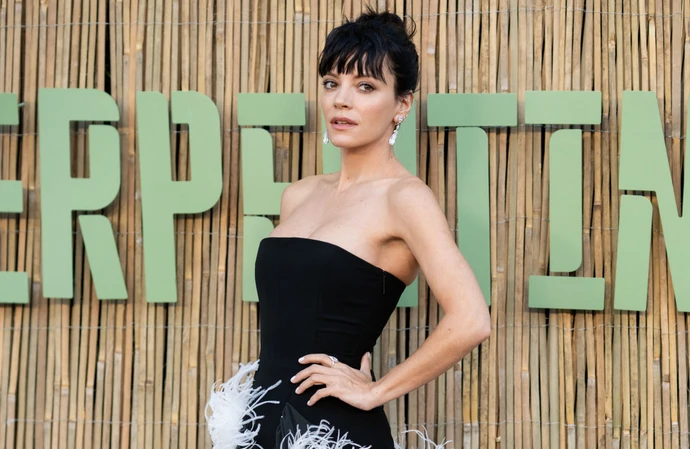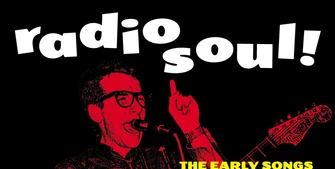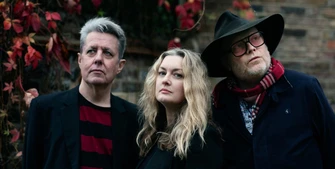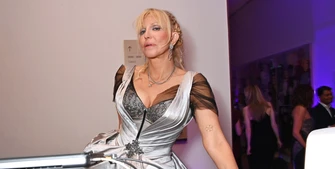The heartache behind Lily Allen's new album West End Girl
Lily Allen's new album West End Girl gives listeners unflinching insight into how she felt as her marriage to David Harbour collapsed.

The arrival of Lily Allen’s latest album West End Girl signals more than just a musical comeback - it’s a raw, unflinching chronicle of heartache, betrayal and the moment when a once-trusted life collapses.
The 40-year-old singer describes the album - her first new release in seven years - as "a mixture of fact and fiction… documenting the events that led me to where I am now".
Here, the "fact" lies in the breakdown of her marriage to David Harbour – the pair married in 2020 and officially separated in early 2025. The "fiction" is the artistic cloak around certain characters and moments. Yet the emotional truth is unmistakable.
In interviews, Allen says that after years of creative stagnation she felt "really depressed… I thought I didn’t have any good songs left. It took something to happen in my life, for everything to be blown up, for me to be able to go, 'Oh, here she is.'"
The metaphorical explosion came in the form of betrayal as a third-party figure referenced in the track Madeline.
The album’s 14 tracks follow a grim narrative arc: from the dreamy honeymoon phase in a Brooklyn brownstone, through the blindsiding of infidelity, to the fierce anger and tentative healing afterwards.
One review describes it as "a war reporter or a pathologist performing an autopsy" of a doomed relationship.
The scandal isn’t just tabloid fodder here - it’s the fuel for Allen’s creative reckoning. She uses sharp lyrical detail and pop-melody hooks to capture the toxicity of the marriage, the gaslighting, the confusion, the shame and the eventual reclaiming of her voice.
For example, on the track Fruityloop, she sings: "It is what it is, you’re a mess, I’m a bitch / Wish I could fix all your s***, but all your s***’s yours to fix."
Ultimately, West End Girl is a brave act of transparency, showing how a woman stripped of romantic stability tries to rebuild the narrative on her terms.
It doesn't offer easy resolutions - but it does offer catharsis, both for Allen and the listener. In her own words, she wasn’t chasing mediocrity - she was confronting the worst to reveal the real.














